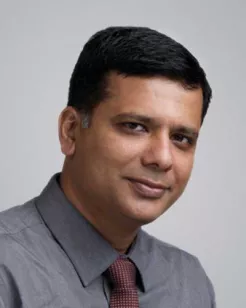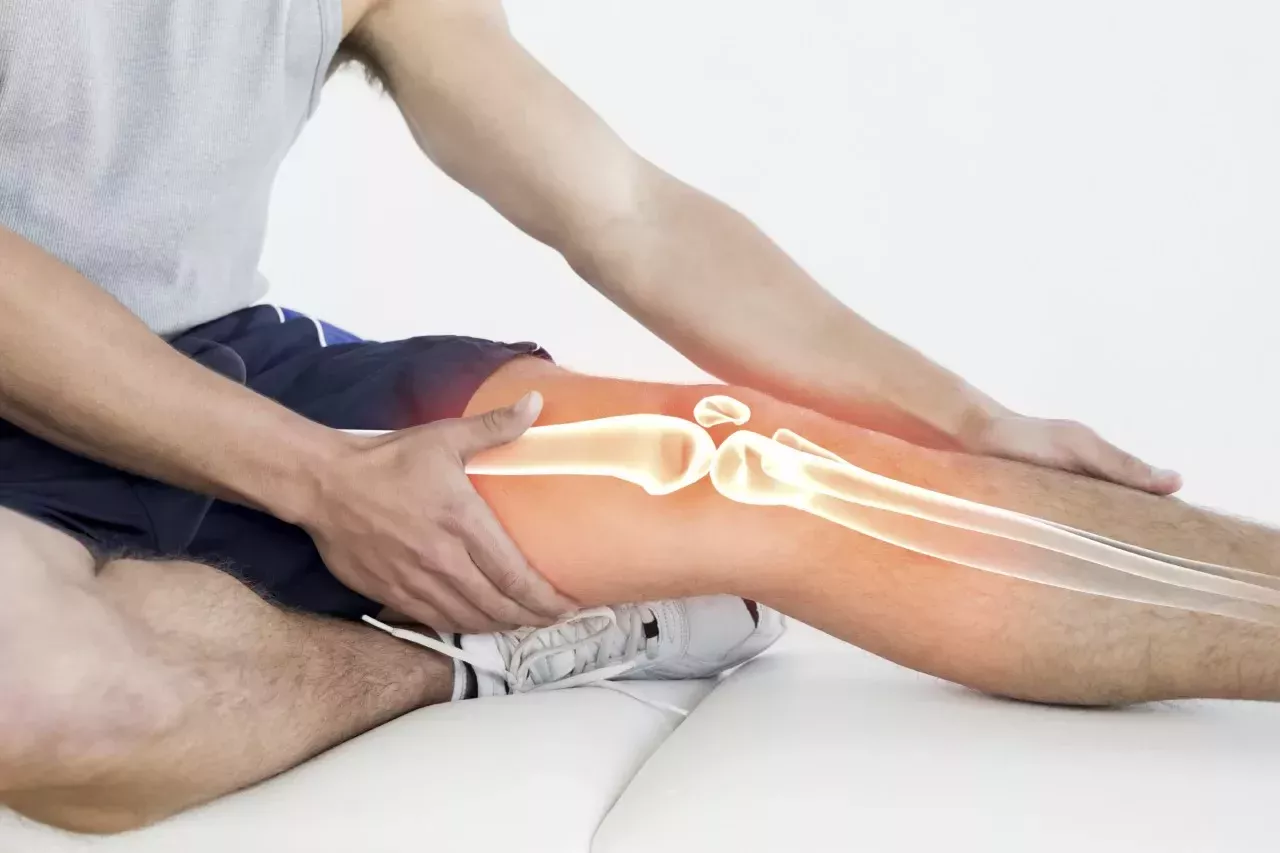Orthopedic oncology at Aster Medcity is a specialized field of medicine focused on the treatment of tumors and cancers that affect the bones, cartilage, fibrous tissues, muscles, nervous tissues, soft tissues, and vessels. These tumors include Ewing sarcoma, osteosarcoma, and other malignancies that involve the musculoskeletal system.
A multidisciplinary team of specialists provide comprehensive evaluation and treatment of patients with musculoskeletal tumors.
Our services include:
- Management of all benign and ,malignant tumors
- Metastatic bone tumors
- Limb salvage procedure for children and adults
- Expandable implants for correcting bone length difference tumors surgery
- Biological methods off reconstruction
- Extracorporeal Radiotherapy (ECRT)to sterilise bone tumors
- Radiofrequency Ablation (RFA) for bone tumors
- Embolisation for bone tumors
- Pelvic tumor surgeries
- Navigation assisted tumor surgery
Blogs
The source of trustworthy health and medical information. Through this section, we provide research-based health information, and all that is happening in Aster Hospital.






